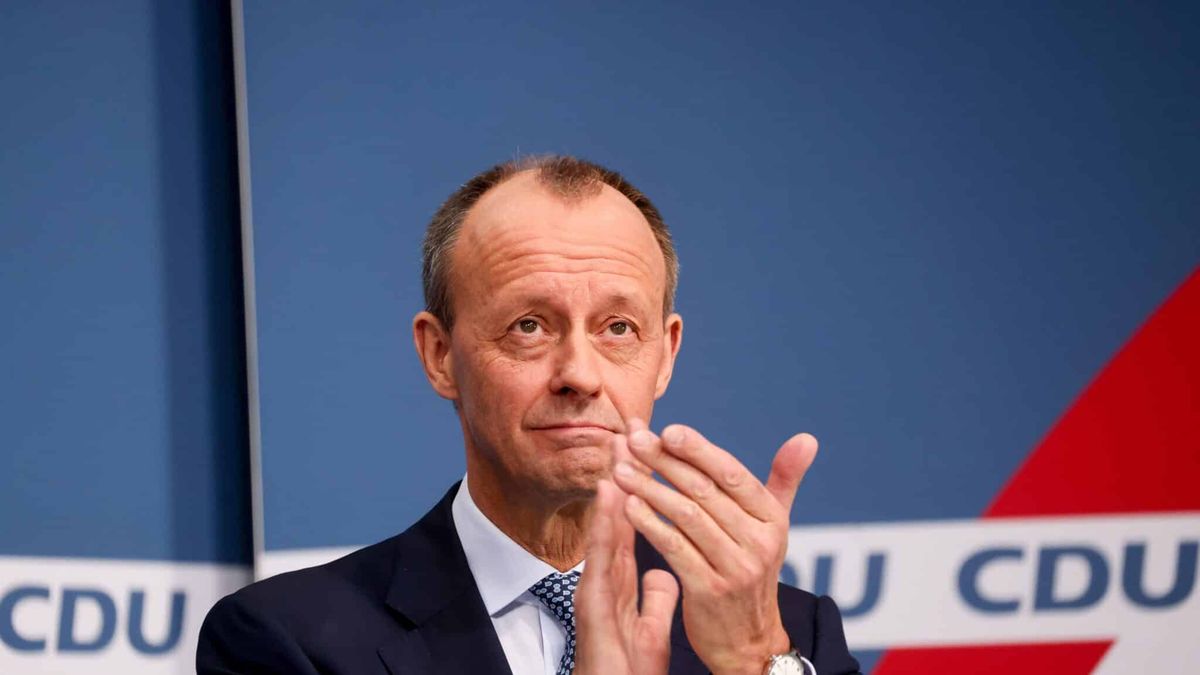Menu
Industry: Pessimism in industry – Trade union: Dramatic situation
Categories
Most Read
IT industry: SAP is becoming more cautious about cloud business
October 22, 2025
No Comments
The lady is misinformed
October 22, 2025
No Comments
Ricardo Arriazu warned that if the elections go wrong, US aid will end and there will be a jump in the dollar
October 22, 2025
No Comments
Auto industry: Chip shortage: Prime Minister Lies is worried about car manufacturers
October 22, 2025
No Comments
The economy had a slight monthly rebound in August and ended a streak of three consecutive falls
October 22, 2025
No Comments
Latest Posts

The German Chancellor’s strong statements about immigrants: Ask your daughters
October 23, 2025
No Comments
October 22, 2025 – 22:34 The German president generated controversy after an intervention in Parliament where he appealed to fear and public safety to talk

Private deposits in dollars exceeded US$35 billion and set a new record since 2001
October 23, 2025
No Comments
October 22, 2025 – 22:30 In the last 30 days, dollar deposits rose almost US$2.9 billion, according to official data from the Central Bank as

Electoral impact on the Stock Market: the scenarios that the market handles for stocks and sovereign bonds
October 23, 2025
No Comments
A few days before the national legislative elections, the local financial market is preparing for a scenario of high sensitivity and volatility, where Argentine bonds
24 Hours Worlds is a comprehensive source of instant world current affairs, offering up-to-the-minute coverage of breaking news and events from around the globe. With a team of experienced journalists and experts on hand 24/7.

